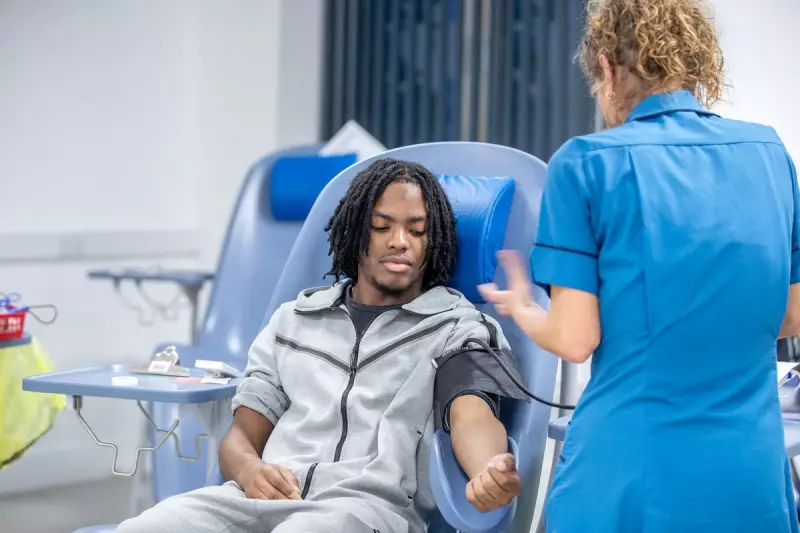
The NHS is facing a potentially devastating shortage of blood donors due to an administrative breakdown that could prevent thousands of regular donors from giving blood. A critical data-sharing issue between the NHS Blood and Transplant service and the Driver and Vehicle Licensing Agency (DVLA) is creating what experts are calling a "perfect storm" for the UK's blood supply.
The Paperwork Predicament
Under current safety protocols, blood donors must provide photographic identification, with driving licences being the most commonly used document. However, thousands of donors who have updated their licence details with the DVLA - such as changing addresses or renewing expired licences - are finding their information isn't being properly shared with the NHS blood service.
This bureaucratic gap means that when donors arrive at donation sessions, their driving licence details may not match the information held by NHS Blood and Transplant, potentially turning away vital contributors to the blood supply chain.
Why This Matters Now
The timing of this administrative failure couldn't be worse. The NHS is already grappling with:
- A 15% drop in regular donors since the pandemic
- Increasing demand for rare blood types
- Seasonal shortages during holiday periods
- Growing need for blood products in medical treatments
One NHS insider revealed: "We're facing the real possibility of having to cancel blood donation sessions because we can't verify donor identities properly. This isn't just an inconvenience - it's a genuine threat to patient care."
What Donors Need to Know
If you're a regular blood donor, here's what you should be aware of:
- Always bring multiple forms of ID to donation appointments
- Check your donor account details match your current driving licence
- Allow extra time for verification procedures
- Consider using a passport as alternative photo ID
An NHS Blood and Transplant spokesperson stated: "We're working urgently with the DVLA to resolve these data-sharing issues. In the meantime, we encourage all donors to ensure their details are up to date and to bring alternative identification where possible."
The Bigger Picture
This situation highlights the fragile nature of the UK's blood supply infrastructure and raises serious questions about how digital systems between government agencies communicate. With blood donations already under pressure from changing lifestyles and an ageing donor population, this administrative hurdle could have life-or-death consequences for patients relying on timely blood transfusions.
The Department of Health has been pressed to intervene, with healthcare professionals warning that without immediate action, the NHS could face its most serious blood shortage in decades.





